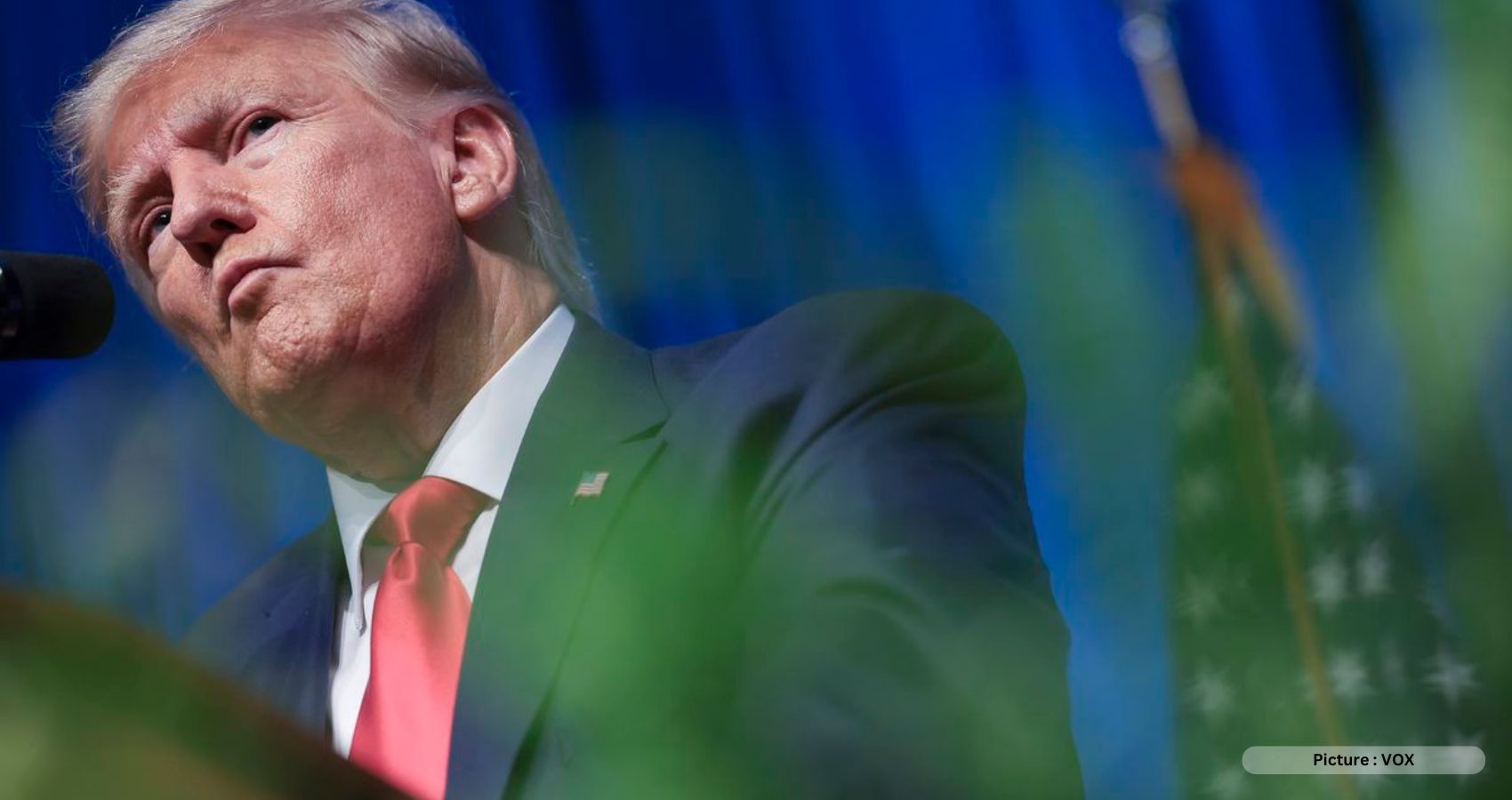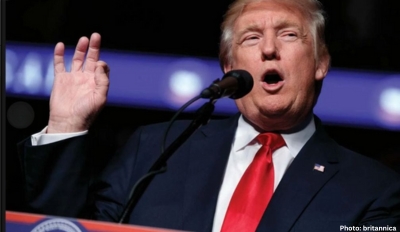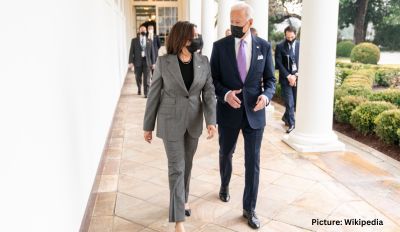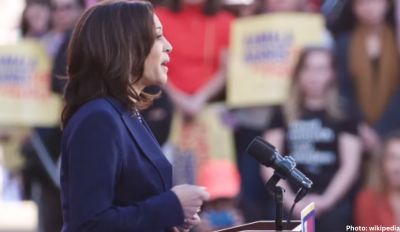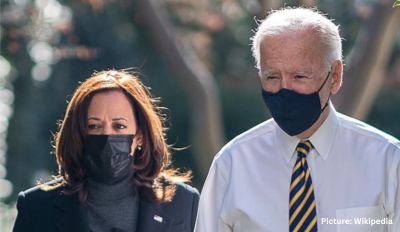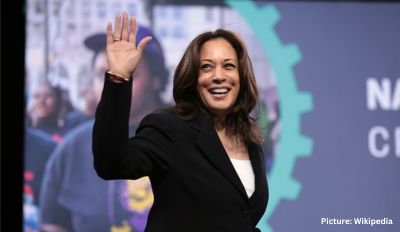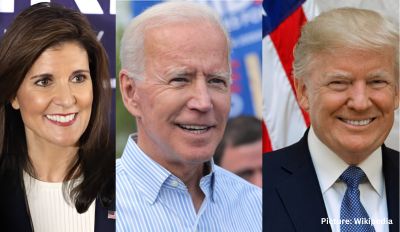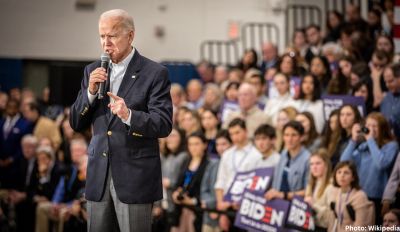Former President Donald Trump appeared somber and quiet in a Miami courtroom, hands clasped and leaning back in his chair at times, speaking aloud only to utter the words “not guilty” to 37 federal counts stemming from his handling of classified documents on Tuesday, June 13th, 2023, marking the first time in US history that a former president will face criminal charges.
Astoundingly, it was the second time in three months that Trump has been indicted. Trump also faces criminal charges in a New York state court where he pleaded not guilty in April to 34 felony counts of falsifying business records. In addition, he still faces investigations surrounding attempts to overturn the 2020 election results in Georgia and the special counsel’s investigation into the Jan. 6, 2021, attack on the U.S. Capitol.
This marks the first instance of a former president facing federal charges. Among the charges are a violation of the Espionage Act, obstruction of justice, destruction or falsification of records, conspiracy, and false statements, as confirmed by Trump’s attorney, Jim Trusty, on CNN.
The investigation focuses on Trump’s management of classified documents brought to his Mar-a-Lago Florida resort after leaving the White House in 2021 and any possible obstruction or government attempts to retrieve the material. Trump announced on Truth Social that he was informed of the indictment by the Justice Department and is “summoned to appear at the Federal Courthouse in Miami on Tuesday, at 3 PM.” He referred to the situation as the “Boxes Hoax.”
This federal indictment marks the second time Trump has faced criminal charges this year, following the Manhattan district attorney’s 34-count charge against him for falsifying business in April. However, the special counsel’s indictment signifies a new and more dangerous legal stage for the former president, who is running for office again in 2024 while dealing with criminal charges in two jurisdictions and two ongoing investigations into his conduct.
The charges come seven months after Attorney General Merrick Garland appointed Jack Smith as special counsel, in response to Trump announcing his presidential run, to maintain the investigation’s independence from the Biden Justice Department. Trump now faces federal charges from the special counsel while attempting to defeat President Joe Biden in the upcoming election. The White House declined to comment on the situation Thursday evening.
Trump has consistently criticized the special counsel investigation and other inquiries into his conduct as politically motivated. He maintains that any criminal charges will not hinder his 2024 campaign. In a four-minute video released on Thursday, Trump reiterated past claims, stating that the Justice Department is being weaponized and investigations into him are “election interference.” He insisted, “I am an innocent man. I did nothing wrong.”
CNN sources revealed that Trump and his team pre-recorded the video response before the Justice Department officially informed him of the indictment, as initially reported by The New York Times.
Throughout his personal, professional, and political life, Trump has largely evaded legal consequences. He has settled several private civil lawsuits over the years and resolved disputes involving the Trump Organization. As president, he was impeached twice by the Democrat-led House but avoided conviction by the Senate.
However, after leaving office, Justice Department criminal investigations into the retention of classified information at Trump’s Mar-a-Lago resort and his attempts to overturn the 2020 election cast a shadow over him. Smith’s ongoing investigation into the January 6 events and efforts to overturn the election further darkens this cloud.
In addition to the Manhattan district attorney’s April indictment, Fulton County District Attorney Fani Willis is expected to announce in August whether her investigation into efforts to overturn the 2020 election in Georgia will result in any charges.
Trump’s congressional allies swiftly rallied to his defense on social media, just as they had done when he was indicted in New York in April. House Speaker Kevin McCarthy tweeted that it was “a dark day for the United States of America.” House GOP conference chairwoman Elise Stefanik, a New York Republican, said in a statement, “The radical Far Left will stop at nothing to interfere with the 2024 election in order to prop up the catastrophic presidency and desperate campaign of Joe Biden.” House Judiciary Chairman Jim Jordan, an Ohio Republican, tweeted, “Sad day for America. God Bless President Trump.”
Several Democrats who investigated Trump during his presidency claimed that the indictment demonstrated that no one is above the law. Rep. Adam Schiff, the California Democrat who led the House’s first impeachment of Trump in 2019, wrote, “Trump’s apparent indictment on multiple charges arising from his retention of classified materials is another affirmation of the rule of law. For four years, he acted like he was above the law. But he should be treated like any other lawbreaker. And today, he has been.”
The Justice Department’s inquiry into Trump’s handling of documents from his time in office came to light in August when FBI agents executed a search warrant at Mar-a-Lago, seizing thousands of documents, including around 100 marked as classified. The Trump Organization was also subpoenaed for surveillance footage from the resort. Prosecutors were investigating potential criminal mishandling of national security information and obstruction of justice.
The DOJ previously claimed that classified documents were “likely concealed and removed” from a storage room at Mar-a-Lago in an effort to “obstruct” the FBI’s investigation into Trump’s possible mishandling of classified materials. After Trump returned 15 boxes of materials to the National Archives in January, the Justice Department subpoenaed him in May for any remaining classified documents at Mar-a-Lago.
Trump was indicted last week on 37 counts related to more than 100 classified documents recovered from Mar-a-Lago in August. The charges include willful retention of national defense information and conspiracy to obstruct justice.
Trump surrendered to authorities at the federal courthouse in Miami. He pleaded not guilty and left the courthouse roughly two hours later. At his initial court appearance, Trump was represented by attorney Todd Blanche and former Florida Solicitor General Chris Kise.
Trump signed a bond document that prohibits him from discussing his case with certain witnesses — an unusual anti-witness-tampering provision added by U.S. Magistrate Judge Jonathan Goodman that the prosecution had not sought.
U.S. Magistrate Judge John Goodman presided over the arraignment, but the case will be overseen by U.S. District Judge Aileen Cannon, a Trump appointee who ruled in Trump’s favor in an earlier dispute in the investigation.
Later that night, Trump in a speech to his supporters claimed that according to the Presidential Records Act, “I was supposed to negotiate with NARA, which is exactly what I was doing until Mar-a-Lago was raided by FBI agents.”
The National Archives and Records Administration said in a news release last week that the Presidential Records Act “requires that all records created by Presidents (and Vice-Presidents) be turned over to the National Archives and Records Administration (NARA) at the end of their administrations” and that outgoing presidents are required to separate personal documents from presidential records before they leave office.
US District Judge Aileen Cannon, whom Trump appointed in 2019, is reportedly overseeing the case for now. She previously appointed a special master to examine the documents retrieved from Mar-a-Lago last year at the Trump team’s request, and was criticized for delivering Trump several perplexing legal wins in the first phase of the documents case proceedings.
In the days since his indictment, Trump has indicated on his social network Truth Social that he intends to fight the charges, calling them the product of a political “witch hunt” and an attempt to interfere with the 2024 election.
An ABC News/Ipsos poll released on Sunday showed 61% believe the federal charges “related to Trump’s handling of classified documents are serious.” By contrast, pollsters found that just 52% of those surveyed in April said the same about a New York grand jury indictment against Trump on charges stemming from a hush-money payment to a porn actress in the weeks before the 2016 presidential election.
Special counsel Jack Smith, who brought the charges, says he’s seeking a “speedy trial,” “consistent with the public interest and the rights of the accused.” But “speedy” in the federal justice system is a relative term. It may be months before Trump’s trial begins.
So, what comes next after Trump’s arraignment, where the former president pleaded “not guilty” to more than three dozen federal charges, including willful retention of classified information and obstruction of justice, over his handling of classified documents post-presidency?

